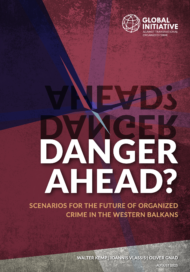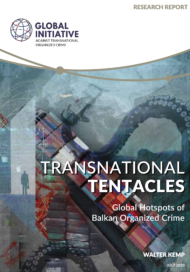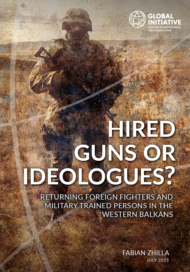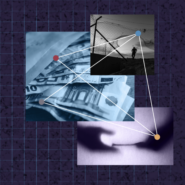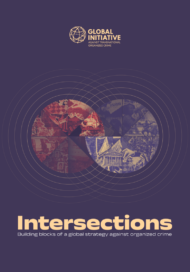Event Details
Where
Zoom webinar
Posted on 06 Aug 2025
Organized crime in the Western Balkans is adaptive, complex and increasingly transnational. While law enforcement and policymakers address today’s challenges, criminal actors are already preparing for tomorrow’s opportunities. This report applies strategic foresight to explore how criminal dynamics in the region might evolve by 2035.
The study presents seven plausible scenarios based on megatrends, weak signals and drivers of change identified through workshops, expert consultation and analysis. These include shifts in demographics, technology, environmental pressures and geopolitics.
The scenarios are not predictions but tools for forward planning. They offer insights into how organized crime might embed deeper into governance, evolve into cybercrime-as-a-service models, or capitalize on climate-induced scarcity and migration. They also examine opportunities for reform, such as stronger rule of law and international cooperation.
This innovative approach identifies the risks of a “business-as-usual” mindset and highlights key leverage points for action. It encourages decision-makers, civil society, and international actors to anticipate emerging threats and build resilience now.
Among the scenarios:
- ‘Criminal states’ examines how state-embedded criminal actors and foreign networks could cement control over key sectors, leading to hybrid criminalized governance structures.
- ‘Fortress Europe’ explores how migration dynamics, labour exploitation and counterfeit document markets could reshape the region’s illicit economy.
- ‘Breaking Bad’ foresees a rise in synthetic drug production driven by new supply chains and Chinese investment.
- ‘Techtonic shifts’ analyses how Balkan actors may become players in global cybercrime, exploiting blockchain, AI, and encrypted communication.
- ‘Rent-a-mob’ explores a future where organized groups offer violence as a service to political and economic elites.
- ‘Scarcity markets’ investigates how climate stressors may give rise to criminal control of water, energy and rare minerals.
- ‘Crime is elsewhere’ offers a more optimistic trajectory, where reforms, EU integration, and international partnerships drive crime outside the region.
Grounded in the PESTEL framework and enriched with actor mapping and horizon scanning, the report equips stakeholders with a method for tracking developments and strengthening early warning systems.
